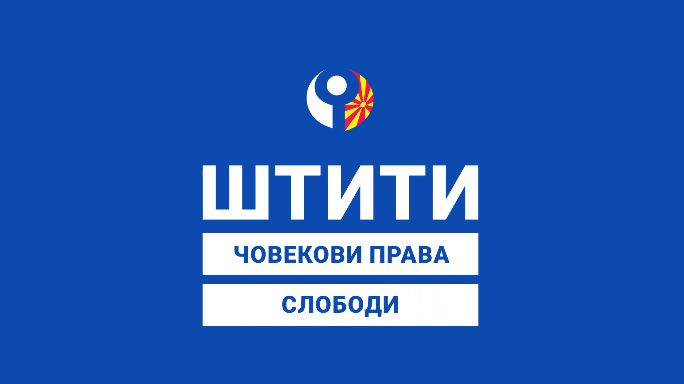At the beginning of 2024, Transparency International-Macedonia published the report: “National Integrity System of North Macedonia”, prepared within the project “EU4 Rule of Law: Citizen Engagement for Public Integrity (CEPI) in the Western Balkans and Turkey”, funded by the European Union and the Government of Switzerland. The National Integrity System contains 15 pillars that include the main institutions that are part of the anti-corruption system.
The Ombudsperson is the third ranked institution within the National Integrity System with overall score 70.84. This score consists of capacity score (66.7), governance score (70.83) and role score (75).
The capacity score consists of score for the resources and the independence of institution.
The Ombudsperson’s office is an independent national institution with the authority to protect the human rights and freedoms of individuals or groups of citizens when these are violated by the state. The Ombudsperson’s budget does not cover the scope of work, especially resources for building the capacities of the institutional and human resources. The legal framework secures the independence of the Оmbudsperson. However, the selection and appointment procedure lacks transparency, which could be misused to limit the independence of the office.
In the governance part are analyzed transparency, accountability and integrity.
The Ombudsman’s website contains useful information related to the work of the institution. However, information is not always published on time and there is sometimes a lack of detail such as reporting on regular activities or special reports on discrimination. The Ombudsperson is responsible to the Assembly through an annual report, but this report is not reviewed on time, perhaps because there is no legal deadline. The institution currently does not have its own code of conduct, code of ethics or integrity policy.
The role includes the effectiveness of investigation and the good practices.
The Ombudsperson is very active in providing recommendations to the government and other institutions, which are often not implemented, and it limits the Ombudsperson’s effectiveness.
Pillar Recommendations
The Ombudsperson institution
- The Ombudsperson needs to draft and adopt a code of ethics and integrity policy in accordance with the directions from the State Commission for the Prevention of Corruption.
• The Ombudspersons office needs to hire more staff to be able to implement sub-programmes properly.
• The Ombudsperson needs to increase visibility by developing and implementing a communication strategy that will also promote the ombudsperson’s competences as a point for external disclosure and the protection of whistleblowers.
• The Ombudsperson needs to provide the possibility for integrity and whistleblowing training for staff.
• The Ombudsperson should include gender-disaggregated data of received complaints in its annual report in the general statistical data section.
• The Ombudsperson should actively promote the implementation of the Law on the Protection of Whistleblowers by preparing campaigns, conducting training with the people responsible for external and internal disclosure and closer communication with the other institutions responsible for external disclosure: SCPC, public prosecutor’s office and the Ministry of Interior.
For the government
- Provide additional budget for the ombudsperson office to better implement sub-programmes, and hire more staff and deliver integrity and whistleblowing training.
• Amend the Law on the Ombudsperson, other legal acts and internal procedures in line with the Paris Principle, so the institution can receive the statutes as a national human rights institution
The Assembly
- Finalise the review of the ombudsperson office 2021 report and ensure future reports are reviewed and discussed within a legal deadline, which should be included in the legal framework.
• Establish effective and time-determined procedures that will ensure efficiency in the monitoring and implementation of the ombudsperson’s recommendations. Ombuds staff should be responsible for monitoring the implementation of the recommendations with a publicly available report.
• Establish a more transparent and open procedure for the election and appointment of the ombudsperson and its deputies, similar to the one for the election and appointment of the president and the members of the State Commission for the Prevention of Corruption.
This video is produced within the framework of the project: EU4 Rule of Law: Citizen Engagement for Public Integrity (CEPI) in the Western Balkans and Turkey, implemented by Transparency International-Macedonia and supported by the European Union and the Government of Switzerland.





